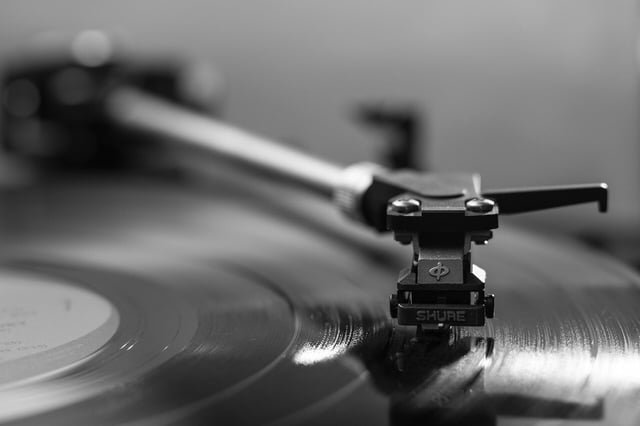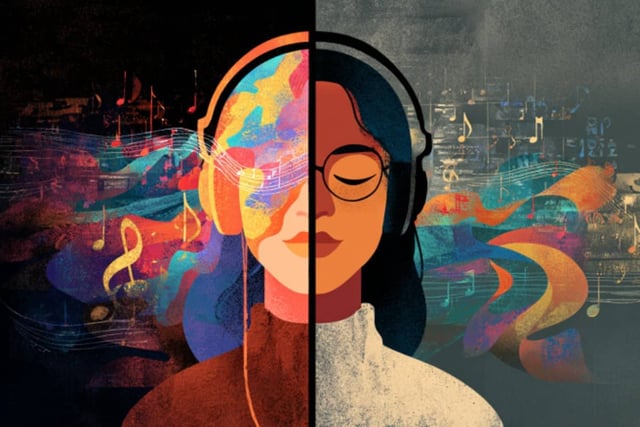Overview
- Rice University and UCLA researchers showed that strong emotional reactions to music improve recall of general event gist, while moderate responses enhance memory for specific details.
- Study participants’ memory gains were unaffected by song mood, genre or familiarity, underscoring the need for customized music selection based on emotional arousal.
- University of Waterloo scientists found that complete songs—especially upbeat tracks—evoke more vivid autobiographical memories than spoken lyrics alone.
- Neurologists note that music’s activation of the limbic system links emotion and memory encoding, supporting its use in cognitive therapy.
- Ongoing efforts are focused on developing personalized music therapy protocols to leverage emotional triggers for memory support in early dementia patients.



